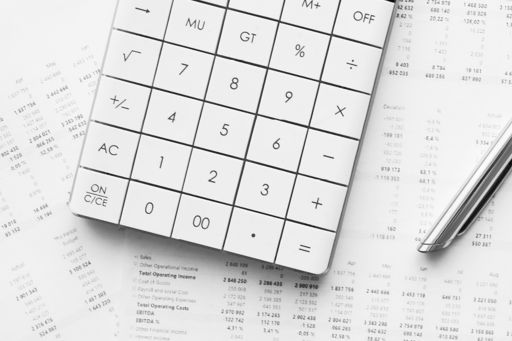In our news item from December last year, we had already reported on the (at that time preliminary) draft bill that would bring significant changes to the existing VAT compliance and VAT refund processes, as well as to the VAT procedural rules. These changes are also referred to as the so-called “VAT chain” reform. Please see here: Reform of periodic VAT returns (mytaxcompass.be)
In the meantime, the draft bill has effectively been adopted by the Belgian Chamber of Representatives on the 2nd March 2023.
In what follows, we provide a brief overview of the main measures:
- The filing deadline for quarterly VAT returns will be extended from the 20th day to the 25th day of the month following the reporting period. For taxpayers subject to the monthly VAT reporting regime however, the filing deadline will be kept at the 20th day of the month following the reporting period. The administrative tolerance following which no late filing penalties are imposed if the VAT return is ultimately filed by the 10th day of the 2nd month following the reporting period, will no longer apply.
- In case of non-filing of the VAT return, but not earlier than after a 3-month timeframe following the relevant return period, the VAT authorities will issue a proposal for a “substitute” VAT return to the taxpayer. This substitute return will assume an amount of VAT due based on the highest of the VAT amounts due that have been reported in the periodic VAT returns relating to the preceding 12 months, with a minimum amount of 2.100 Euro. The taxpayer is given a deadline of one month to respond to the proposed substitute return and the only way to do so is by filing the missing VAT return. If the missing VAT return is not filed within that month, the proposed substitute return will be considered final. In that scenario, the only option left for the taxpayer to challenge the return, is by lodging an administrative appeal or through court. This procedure should encourage taxpayers to always file their VAT returns in due course.
- Currently, taxpayers can as a default rule only apply for the refund of their VAT credits via the VAT return four times a year. Monthly filers can however formally request monthly VAT refund in case they fulfill certain conditions relating to their VAT credit position or if they are considered as start-ups (i.e. during the first 24 months of their economic activity in Belgium). As from 2024, the monthly VAT refund will become the standard for all taxpayers filing monthly VAT returns, without the need of having a monthly VAT refund authorization.
- Under the current rules, a request for refund in the VAT return applies not only to the VAT credit resulting from the relevant return period but to all potential accumulated VAT credits from the past on the VAT current account. As from 2024, a request for refund via the VAT return will only have effect as regards to the VAT credit resulting from that return. The refund of the accumulated VAT credits from previous periods will have to be requested via a separate procedure, more specifically via the taxpayer’s account on the “MyMinfin” e-portal. In this respect, the VAT current account will be abolished and replaced with a new tool, i.e. the so-called VAT “provision” account. The specific modalities of this provision account are not yet known in detail but based on the draft law, it will be a more practical tool for the taxpayer to manage VAT refunds and payments. Finally, refund requests via the VAT return will only be possible provided that the taxpayer timely filed the VAT returns of the preceding 6 months.
- As regards the VAT procedural rules, to this date, the response time for requests for information has not been defined in law. The draft bill is introducing a statutory response time of one month within which taxpayers must reply to written requests for information by the VAT authorities. This can be reduced to 10 days in case the rights of Belgian Treasury would be compromised and/or when the request forms part of a VAT refund audit conducted by the VAT authorities. Failure to respond by the deadline may result in conservatory holding on the VAT credit.
- Introduction of the possibility to pay VAT debts through direct debit.
The “VAT chain” reform aims to modernise the processing of the periodic VAT returns as well as of the VAT refunds and VAT payments, so that these processes become more efficient from both the taxpayers’ and the VAT authorities’ perspective. The broader goal is to further reduce the big gap in Belgium between the VAT revenue that should be collected and the VAT revenue that is actually collected (the so-called “VAT Gap”). This gap is indeed not only caused by events such as VAT fraud but also results from the existing procedures at the level of the Belgian tax authorities that, to a high extent, rely on manual interventions (i.e. prone to human errors).
The anticipated entry into force of the aforementioned rules is set at the 1st January 2024. However, given the significant IT adjustments that will need to be implemented, the new legislation preserves the right to postpone the entry into force to a later date, in any case no later than the 1st January 2025.
If you have any questions on the proposed measures and the further plans, or if you would like to know how these will impact you, feel free to reach out to your contact at KPMG.
Explore
Connect with us
- Find office locations kpmg.findOfficeLocations
- kpmg.emailUs
- Social media @ KPMG kpmg.socialMedia



